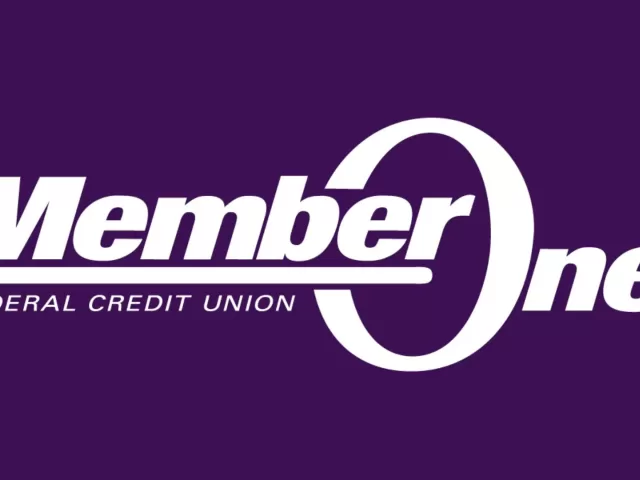Money Management During Uncertain Times: Strategies for Financial Stability
ShareIn uncertain economic times, a strong money management strategy can make all the difference. With potential challenges like job loss, market swings, life changes, or unplanned expenses, it’s essential to take control of your finances now to stay prepared for whatever may come. Here are practical steps to help you maintain financial stability, protect your resources, and make informed decisions during economic downturns.

1. Establish a Money Management Strategy
A solid money management strategy starts with understanding your financial landscape—income, expenses, and goals. Begin by creating a budget that prioritizes essentials, minimizes non-essential spending, and leaves room for savings. When you prepare your finances for a recession, even small adjustments can protect against financial surprises. This strategic approach helps you respond confidently, knowing that you’re safeguarding your future, no matter what the economy brings.
2. Build an Emergency Fund
An emergency fund is a critical layer of financial security, providing a safety net for unexpected expenses or financial challenges. Aim to save enough to cover three to six months of essential expenses, including housing, utilities, groceries, and other necessities. By setting aside funds in a dedicated savings account, you’re prepared for potential emergencies without needing to rely on credit or disrupt your long-term goals.
Consider opening an emergency savings account through Member One, where members receive access to tools and support for building robust financial security. Building an emergency fund is an essential step in a well-rounded money management strategy, giving you peace of mind that you’ll have the resources to handle whatever comes your way.
3. Prepare Your Finances for a Recession
Economic downturns can be unpredictable, which is why it’s wise to prepare your finances for a recession before one even hits. Focus on key areas like reducing high-interest debt, boosting liquidity, and considering low-risk investments. This might involve paying down credit card balances, consolidating loans, or diversifying investments to include more stable options. During this time it is essential to focus on increasing your savings while reassessing your spending. These steps reduce your financial vulnerability during challenging periods, helping you preserve both stability and peace of mind.
4. Plan Ahead to Save Money for Your Kids’ Future
A comprehensive money management strategy also includes future planning, such as learning how to save money for kids. By starting early, you can ease future financial demands, whether for college or other milestones. Look into dedicated accounts like a 529 College Savings Plan or a custodial account to build savings gradually. Member One offers a range of family-friendly savings options, giving you a structured way to set aside funds for your children’s future.
Even small contributions add up over time, helping you lay a solid financial foundation that can support your children’s needs. As you work to prepare your finances for a recession, setting aside savings for kids’ needs is a meaningful way to protect their futures, too.
Financial Support from Member One
Facing financial uncertainty can be challenging, but resources are available to help. Member One offers tools and services designed to strengthen your money management strategy, from savings plans tailored for families to individual emergency accounts. Member One also offers multiple free calculators to help you along your financial journey. With Member One’s support, you can maintain stability and achieve your goals, even during times of economic uncertainty.
Taking proactive steps now, such as building an emergency fund, preparing for a recession, and learning how to save money for kids, gives you the security and confidence to navigate uncertain times.
This article is for educational purposes only. For personalized financial advice, it's best to speak with either a licensed tax advisor, financial advisor or an investment advisor. Contact our team today!
You May Also Like

We’re sure you’ve done all your research and found the car of your dreams, but before you sign on that dotted line, we want to you consider one more thing—GAP insurance.

We want to take this opportunity to assure you of the safety and soundness of your accounts with us here at Member One Federal Credit Union.

If budgeting feels overwhelming, you’re not alone. For many people, just thinking about money brings on stress. But the truth is, a budget isn’t about restrictions—it’s about clarity. It shows you exactly where your money is going, so you can take control of it instead of letting it control you.